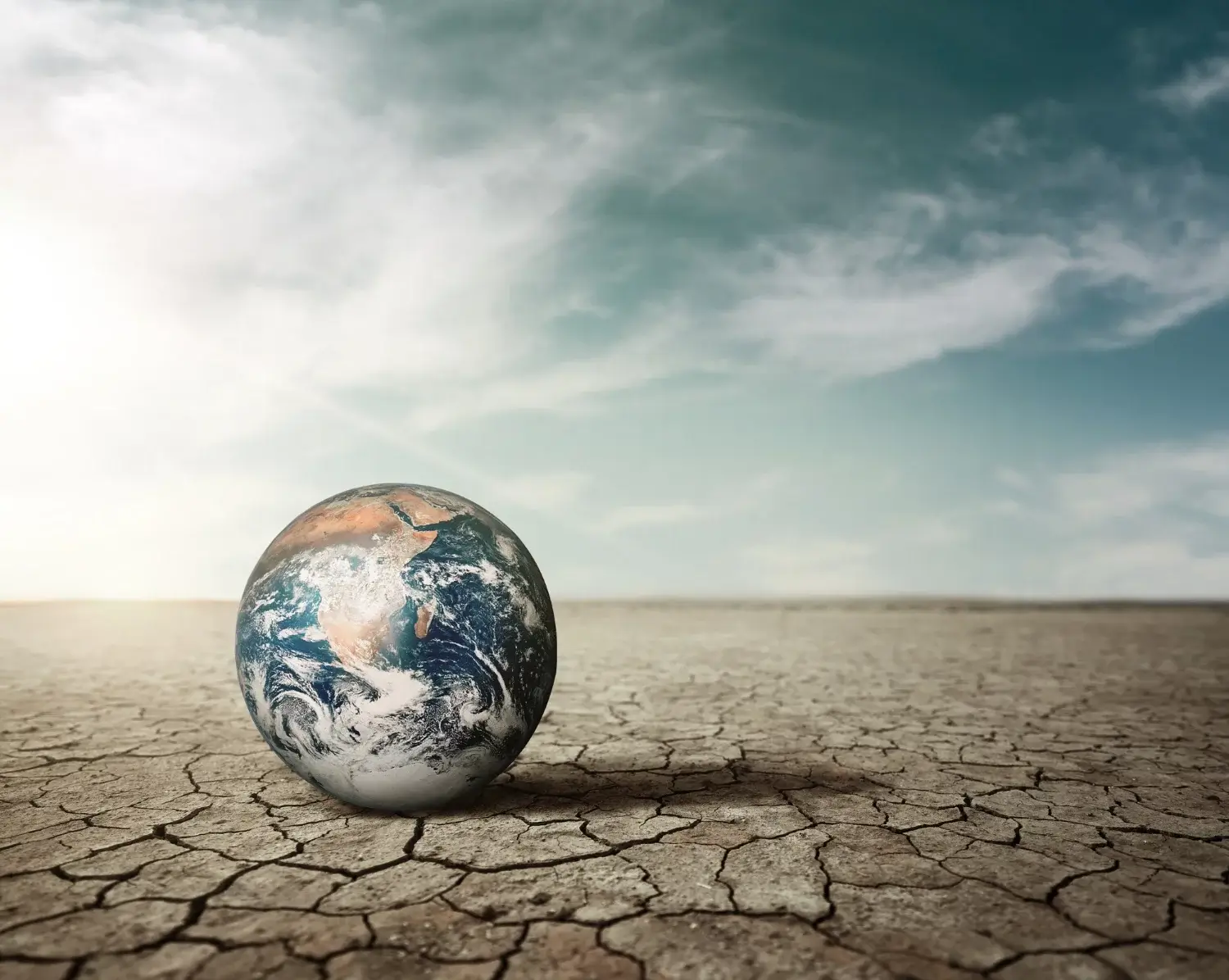
Please Wait ...

Please Wait ...
Enquiry






Curently We are Not Serviceable In this Pincode
91 Springboard, Business Hub, Godrej & Boyce, Gate No. 2, LBS Marg, Vikhroli West, Mumbai, 400079
91 Springboard, Business Hub, Godrej & Boyce, Gate No. 2, LBS Marg, Vikhroli West, Mumbai, 400079
91 Springboard, Business Hub, Godrej & Boyce, Gate No. 2, LBS Marg, Vikhroli West, Mumbai, 400079
91 Springboard, Business Hub, Godrej & Boyce, Gate No. 2, LBS Marg, Vikhroli West, Mumbai, 400079
91 Springboard, Business Hub, Godrej & Boyce, Gate No. 2, LBS Marg, Vikhroli West, Mumbai, 400079
91 Springboard, Business Hub, Godrej & Boyce, Gate No. 2, LBS Marg, Vikhroli West, Mumbai, 400079
91 Springboard, Business Hub, Godrej & Boyce, Gate No. 2, LBS Marg, Vikhroli West, Mumbai, 400079
91 Springboard, Business Hub, Godrej & Boyce, Gate No. 2, LBS Marg, Vikhroli West, Mumbai, 400079
91 Springboard, Business Hub, Godrej & Boyce, Gate No. 2, LBS Marg, Vikhroli West, Mumbai, 400079
Min
Max
₹5,000
₹45,000
Suggested Price







Blogs> Combatting Climate Change: Understanding the Causes, Effects, and Solutions to Global Warming

Global warming, often interchangeably referred to as climate change, presents a formidable challenge to the health and stability of our planet. This phenomenon stems primarily from human activities, notably the emission of greenhouse gases such as carbon dioxide, methane, and nitrous oxide. These gases trap heat in the Earth’s atmosphere, leading to a gradual increase in average surface temperatures over time. In this blog post, we’ll delve into the causes, effects, and proposed solutions to address global warming. The causes of global warming are deeply rooted in human actions. The burning of fossil fuels, including coal, oil, and gas, for transportation and energy production, is the primary contributor to greenhouse gas emissions. Additionally, activities such as deforestation and certain agricultural practices further exacerbate the release of these gases into the atmosphere. As a result, concentrations of greenhouse gases have reached unprecedented levels, driving the Earth’s climate into uncharted territory. The effects of global warming are far-reaching and increasingly evident across the globe. Glaciers and ice caps are melting at alarming rates, leading to rising sea levels, coastal erosion, and increased flooding in coastal areas. Extreme weather events, such as hurricanes, heatwaves, droughts, and wildfires, are becoming more frequent and severe, posing significant threats to human lives, infrastructure, and ecosystems. Furthermore, climate change is disrupting biodiversity, leading to species extinction, altering ecosystems, and exacerbating the spread of diseases. Addressing global warming requires concerted efforts from individuals, governments, and businesses alike. Transitioning to clean energy sources, such as solar, wind, and geothermal power, is paramount to reducing greenhouse gas emissions and mitigating climate change. Similarly, enhancing energy efficiency through the use of energy-efficient appliances, LED lighting, and sustainable practices can help reduce overall energy consumption and emissions. Another vital strategy in combating global warming is reforestation and afforestation. Trees act as natural carbon sinks, absorbing carbon dioxide from the atmosphere and storing it in their biomass. By planting trees and protecting existing forests, we can help sequester carbon and mitigate the impacts of climate change. Additionally, reducing, reusing, and recycling materials can help minimize waste generation and lower emissions associated with resource extraction and production. Supporting policy changes and advocating for climate action at the local, national, and international levels is also crucial. This includes implementing carbon pricing mechanisms, incentivizing renewable energy development, and strengthening regulations to limit greenhouse gas emissions. By supporting policies that prioritize sustainability and environmental protection, we can drive systemic change and create a more resilient and sustainable future for generations to come. In conclusion, global warming is a complex and urgent issue that requires immediate action. By addressing its root causes, mitigating its impacts, and advocating for sustainable solutions, we can collectively work towards a healthier, more resilient planet for current and future generations.
Global warming, also known as climate change, refers to the long-term increase in Earth’s average surface temperature due to human activities, such as burning fossil fuels and deforestation. The increase in temperature is causing changes in our climate, affecting ecosystems and human life on Earth. In this blog, we will discuss the causes, effects, and solutions to global warming.
Causes of Global Warming:
The main cause of global warming is the emission of greenhouse gases, mainly carbon dioxide, methane, and nitrous oxide, from human activities. Burning fossil fuels, such as coal, oil, and gas, for transportation and electricity production, is the largest contributor to these emissions. Deforestation and agriculture also contribute to the increase in greenhouse gas emissions.
Effects of Global Warming:
The effects of global warming are already being felt around the world, and they are expected to worsen in the future. The rising temperature is causing glaciers to melt, which is leading to sea level rise, flooding, and coastal erosion. Extreme weather events, such as hurricanes, heat waves, and droughts, are becoming more frequent and intense. These events are affecting agriculture, water resources, and human health. Climate change is also causing species extinction, disrupting ecosystems, and increasing the spread of diseases.
Solutions to Global Warming:
The solution to global warming requires a collective effort from individuals, governments, and businesses. Here are some solutions to combat climate change:
Global warming is a pressing issue that requires immediate action. We must work together to reduce greenhouse gas emissions, transition to clean energy, and protect our environment. By taking individual action and supporting policy change, we can make a significant difference in the fight against climate change.
Image by Freepik

By Digi2L - April 23, 2024

By Digi2L - April 22, 2024

By Digi2L - April 21, 2024